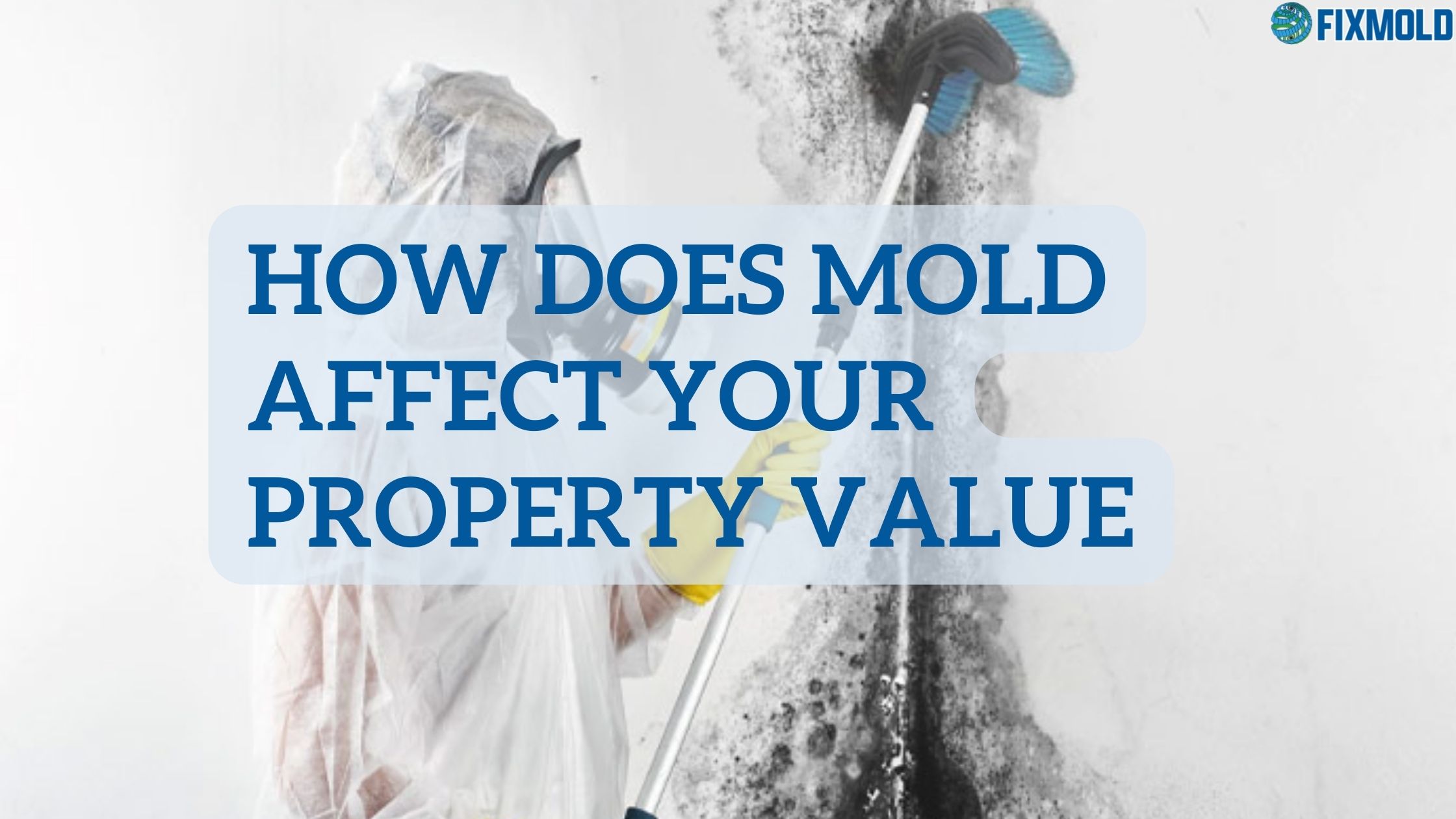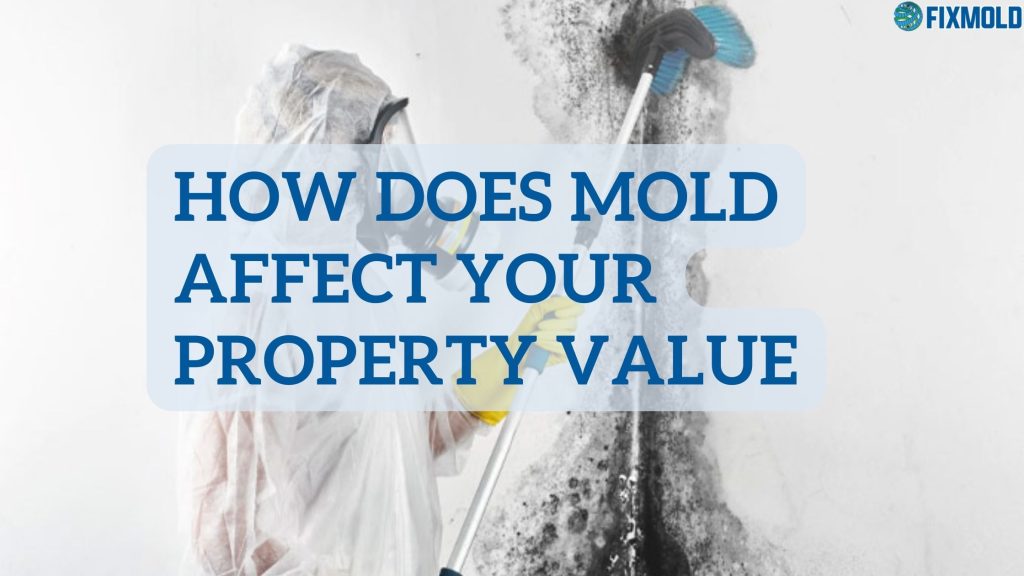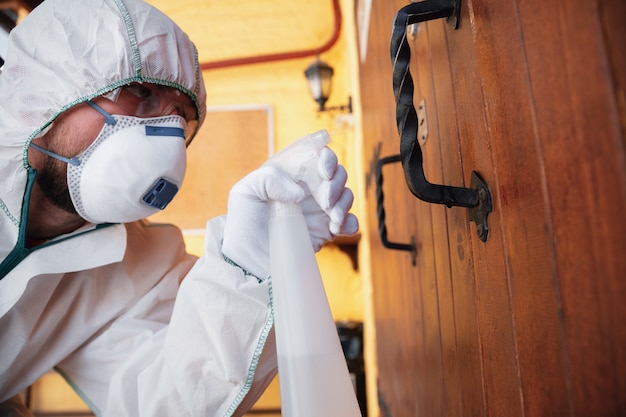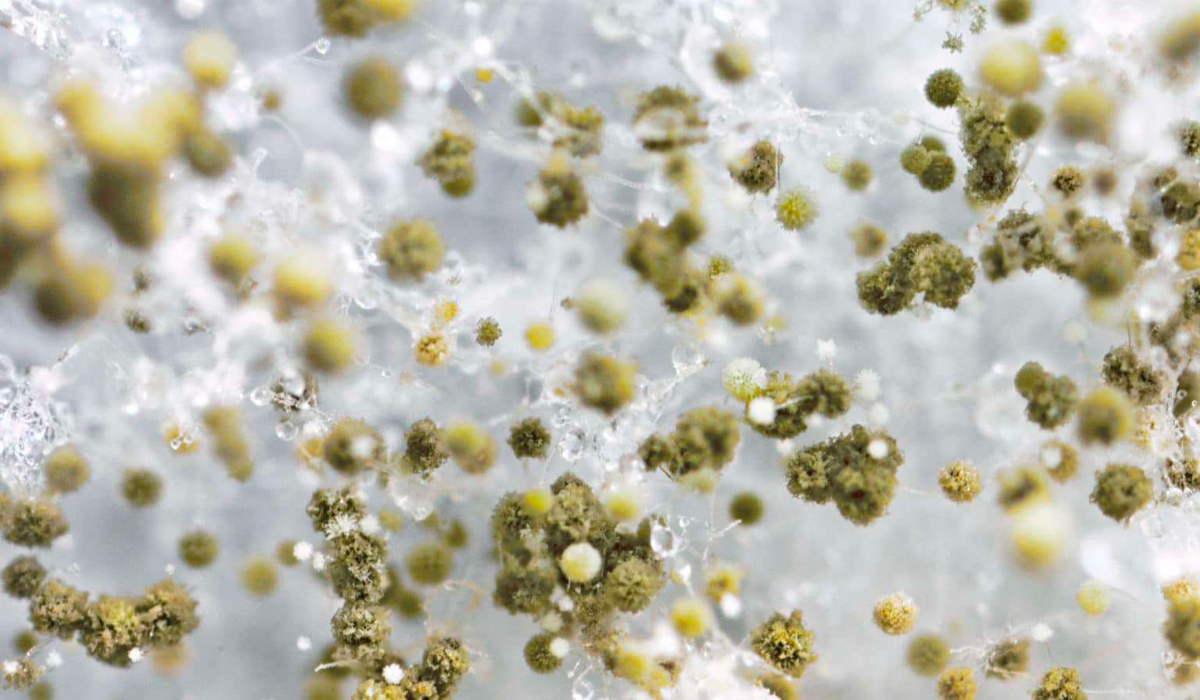
How does mold affect your property value?
Mold is a type of fungus that thrives in moist environments. If you have an issue with mold in your home, it can cause some serious health problems. Not only that, but it can also affect the value of your property.
Mold grows at a rapid speed, and if it’s not addressed and removed, it can damage walls, ceilings, and floors. It can also cause respiratory problems for people who live in the home, as well as skin irritation.

How does mold affect your property value?
Mold can affect your property value in a few ways. The most obvious is that if the mold is severe and requires extensive remediation, it will lower the value of the property. In less extreme cases, the presence of mold may still cause some prospective buyers to shy away, lowering the sale price even if the mold is cleaned up. Additionally, if you are trying to get a mortgage or loan on your home, the bank may be hesitant to approve it if there is evidence of mold, as this could indicate future problems with water damage and repairs.
In most cases, the extent of the mold damage and the cost of remediation will determine what kind of effect it will have on your property value. For example, if there is only minor surface mold that can be easily removed, then it might not have much effect at all. On the other hand, if there is extensive amounts of mold that requires substantial remediation, such as tearing out walls and replacing flooring, then it could have a large impact on the sale price of your property.
It is also important to keep in mind that if you live in an area with a high level of humidity or moisture, then mold can become a recurring problem even after restoring your air quality. This could lead to a decrease in the value of your property as buyers become leery of properties with recurring mold issues.
In short, the presence of mold can have an impact on your property value and it is important to be aware of this when considering purchasing or selling a home. It is best to address any existing mold before attempting to sell and research potential buyers to ensure that they understand the risks associated with purchasing a property with mold damage. Additionally, addressing any potential sources of moisture or humidity can help prevent future problems with mold and keep your property value from decreasing.
Conclusion
Mold is a serious issue that can affect the value of your property. If you have mold in your home, it’s important to take the necessary steps to remove it and prevent it from coming back. By taking action now, you can protect your investment and ensure that your home is safe for you and your family. Additionally, hiring a professional to assess and remediate any mold problems can help you avoid costly repairs down the road. Mold is more than just an eyesore – it can also reduce your property value if left unchecked. Taking proactive steps now and gaining a clearance certificate will ensure that your property remains safe and valuable for years to come.




